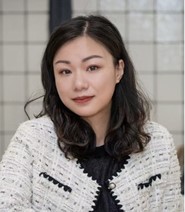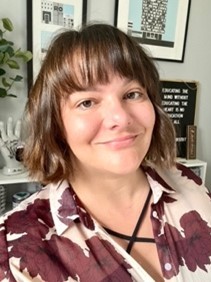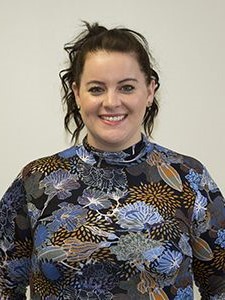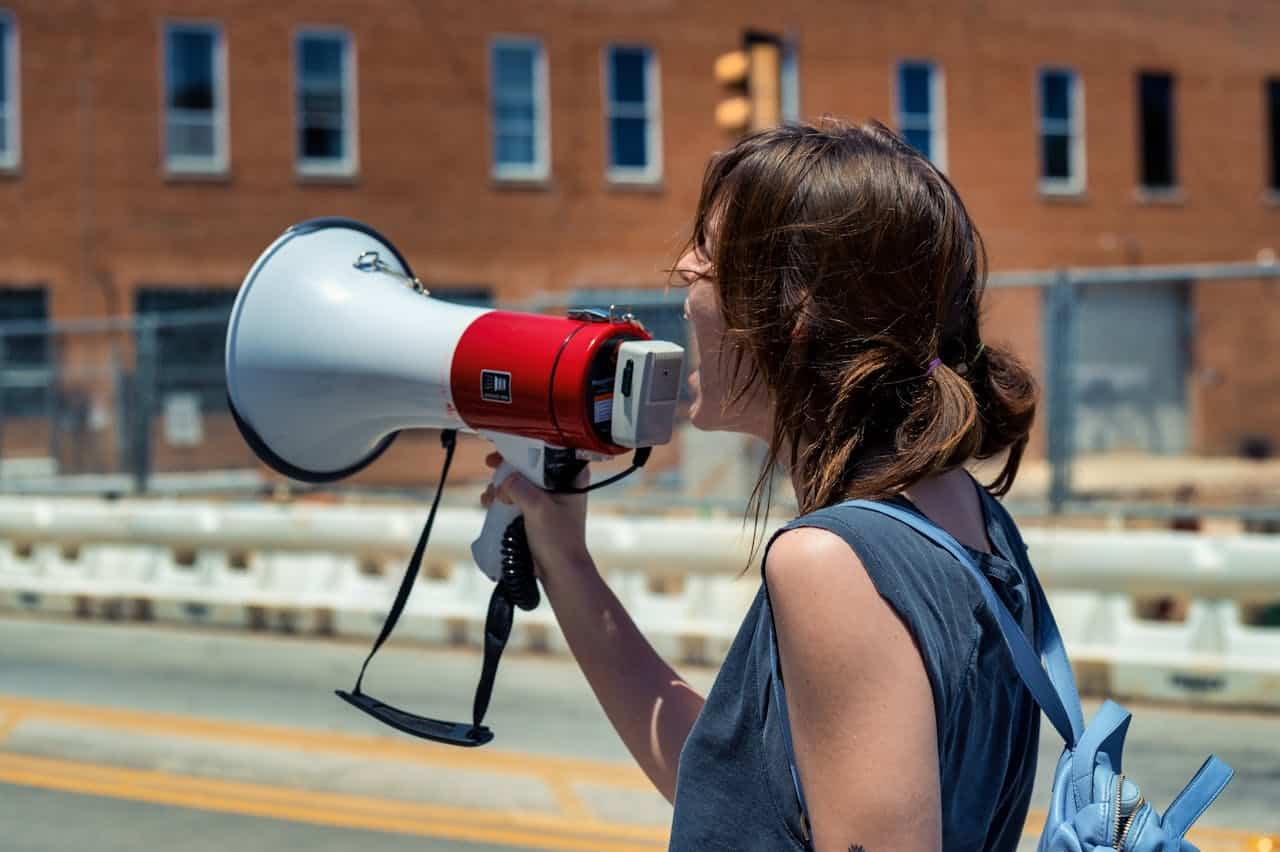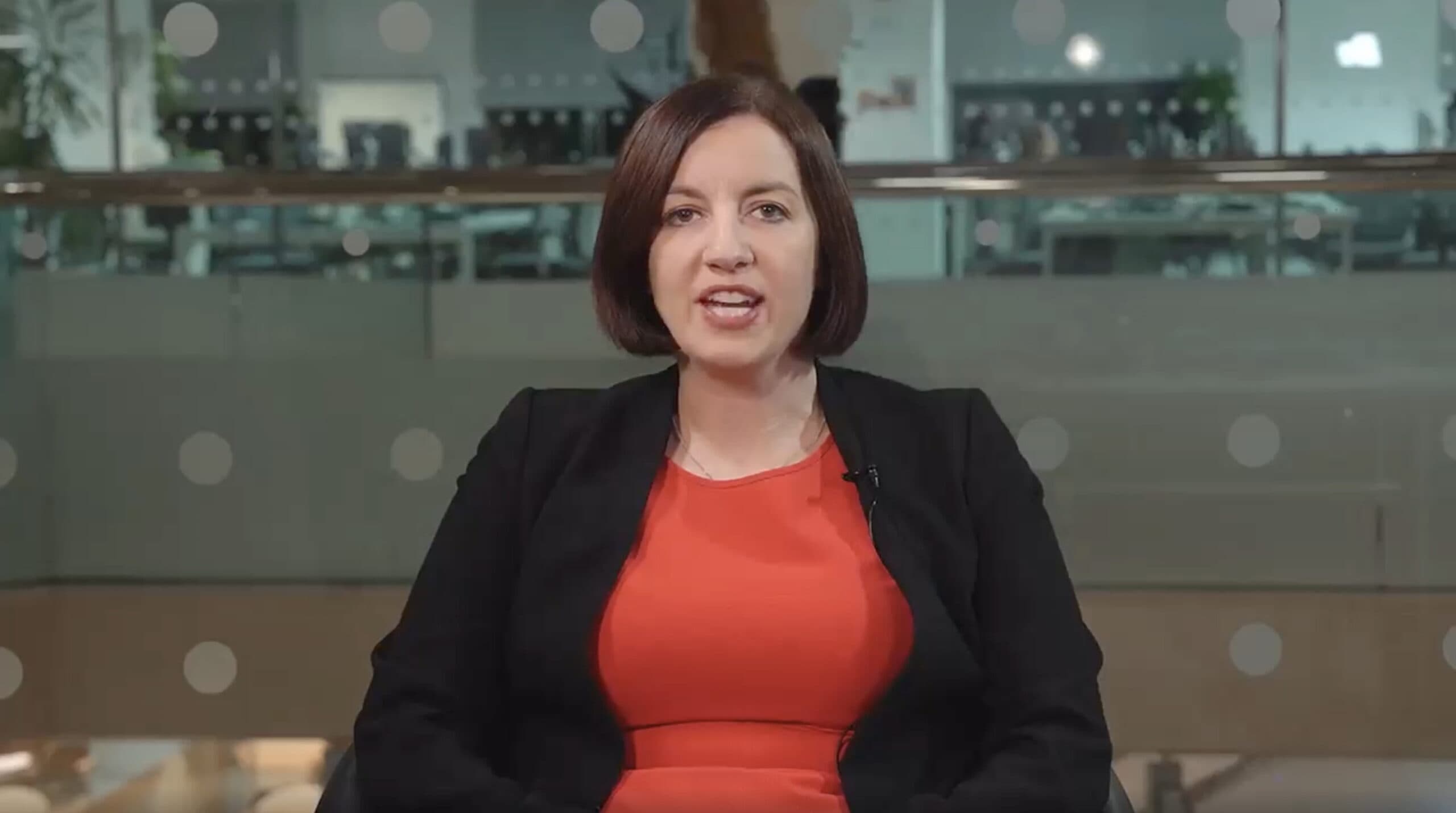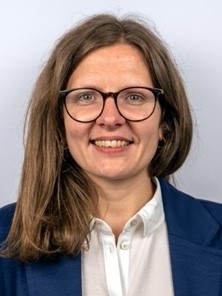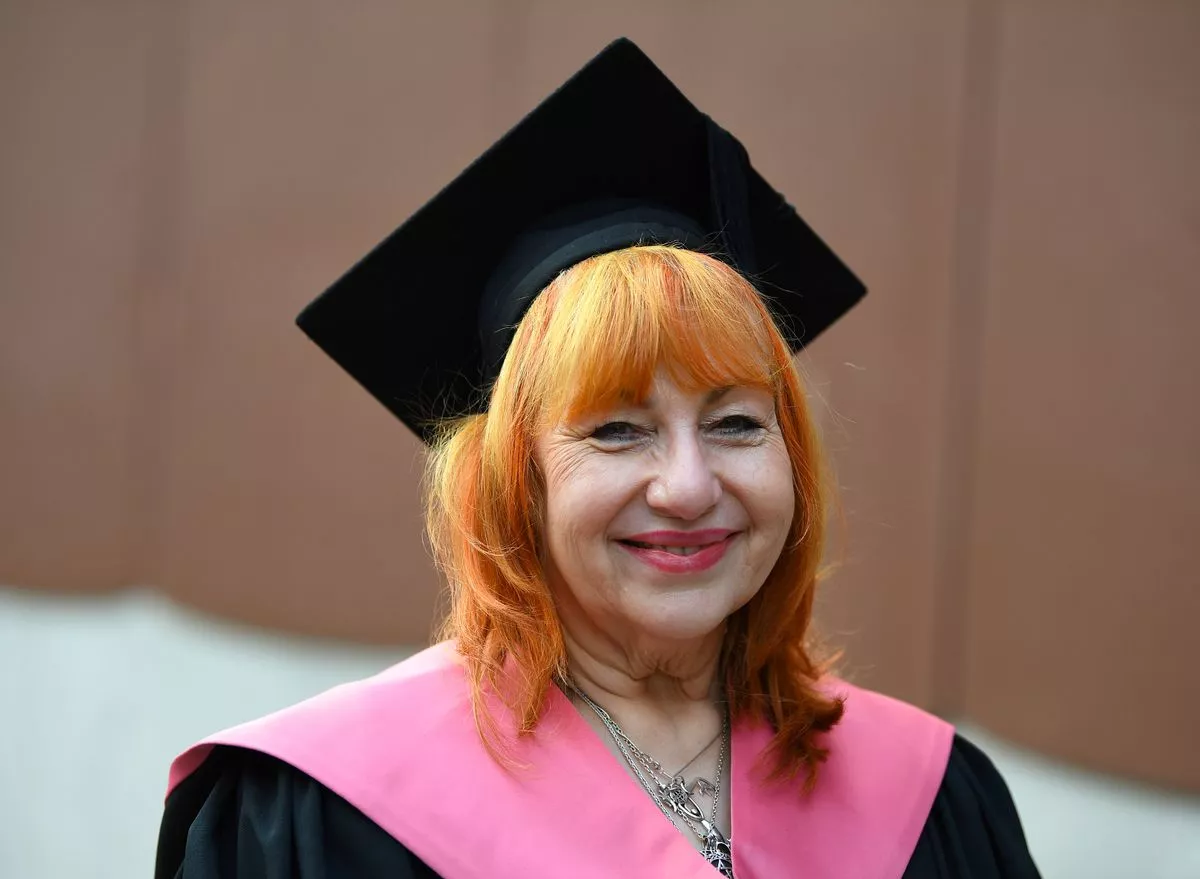A 20-year-old technology student was found dead in her hostel room at Odisha’s private deemed university, KIIT, allegedly after facing harassment from a fellow student.
The incident sparked campus protests, forcing hundreds of students to leave after KIIT closed sine die for all Nepali international students on February 17.
Though KIIT vice-chancellor Saranjit Singh issued a public apology later and action was taken against security officials and staff accused of abusing and physically harming protesting Nepali students, only a small percentage of students have returned.
With Nepali students comprising 28% of India’s international student population, the largest share, the recent incident has raised concerns that many students from Nepal might cancel their plans to study in India.
“Students might reconsider their decision to study in India, and this incident could drive a policy shift in student recruitment. Obtaining an No Objection Certificate (NOC) might become mandatory for those aspiring to study in India, and a government-level grievance handling system could be introduced to address student concerns,” BK Shrestha, CEO, Study Global, a Kathmandu-based education consultancy, told The PIE News.
Though an NOC is mandatory for Nepali students wishing to study abroad, the open border and close ties between Nepal and India allow many Nepali students to study in the country without obtaining one.
Despite this privilege, the Nepal government could restrict students from obtaining an NOC to study at institutions in Odisha if the KIIT incident is not resolved in a “justifiable and legal way,” according to Nepal’s Ministry of Science, Education, and Technology.
Though India and Nepal have shared historically deep relations, the past decade has been marked by tensions, including allegations of a blockade on goods to Nepal, border disputes, and Nepal’s efforts to strengthen relations with China.
The recent incident at KIIT has only added fuel to the fire, prompting the Nepal Embassy in India to send officials to the campus to meet with agitating Nepali students.
Obtaining an NOC might become mandatory for those aspiring to study in India, and a government-level grievance handling system could be introduced to address student concerns
BK Shrestha, Study Global
Meanwhile, Nepal’s opposition and human rights body have urged the Indian government to conduct a “fair investigation” and ensure the safety of Nepali students.
“The Nepalese government, including the Prime Minister and relevant ministries, took immediate action through the embassy, ensuring the safety of students,” said Mukesh Dhamala, member of education council, Confederation of Nepalese Industries.
“However, this incident has created diplomatic tensions, raised questions about the accountability of educational institutions, and sparked broader discussions about student welfare policies in host countries.”
According to Dhamala, the student’s death has led to Nepali students and parents being more cautious, with a significant increase in inquiries about safety measures at Indian institutions.
“Future students and parents may hesitate to choose Indian institutions unless there are strong safety measures in place,” stated Dhamala.
Moreover, domestic universities in Nepal have stepped up by offering returning students a chance to continue their studies.
Purbanchal University has announced that students reluctant to return to KIIT can continue their remaining courses at its affiliated colleges.
“Any student who has returned to Nepal without completing their studies can continue through credit transfer,” the university stated, adding that students must meet the required criteria.
Meanwhile, officials at Tribhuvan University, Nepal’s oldest and largest institution, have also expressed readiness to accommodate such students.
Many prospective students from Nepal are now rethinking their plans to study in India amid the row at KIIT.
“All of this has massively increased safety concerns for Nepalese students, especially female students. In fact, several of my friends have already canceled their upcoming admissions to very reputable Indian institutions because they no longer feel safe,” stated Sandesh Pokhrel, a Kathmandu-based student, who is planning to pursue his post-graduation studies abroad.
With many returning students from KIIT alleging that the university failed to take action against the accused despite the deceased student’s prior complaints, academic counsellors like Pragya Karki argue that stakeholders in Nepal should serve as the first point of contact for their students.
“KIIT’s initial response to the student’s case has been deeply concerning and raises serious questions about its commitment to student safety and well-being,” said Karki, an academic counsellor at Ullens School.
“We must go beyond just listening – we are advocates, allies, and a vital support system for students in distress. Proactive outreach is key: creating safe spaces, educating students on their rights, on how to recognise emotional distress, and ensuring they know where to seek help.”
According to Dhamala, the recent incident has underscored the need for dedicated student support teams, ideally with Nepali staff, to address the concerns of Nepali students. He also emphasised the importance of Embassy monitoring on campuses to ensure their well-being.
As part of its recent initiative, Nepal Rising, market entry firm Acumen brought many of its partner institutions from the UK, US, Japan, Australia, New Zealand, and Malaysia to Nepal.
The goal was to better understand and improve the Nepali student experience, a critical move in light of the KIIT incident.
“A structured pre-departure program is key, equipping students with insights into academics, culture, finances, and well-being. Many of our partner universities already offer culturally tailored orientation programs, mentor-mentee buddy systems, and Nepalese student clubs, ensuring a smoother transition,” stated Ritu Sharma, director, partner success, UK, Ireland, and ANZ, Acumen.
“A strong support system, including career workshops and mental health services, is vital for long-term success.”
As per a report by ICEF, in the past five years, approximately one in every five Nepali students pursuing higher education chose to study abroad.
Nepal’s outbound mobility ratio was 19% in 2021, compared with less than 2% for China and India, this despite the country being vastly smaller in population compared to its giant Asian neighbours.
Pushpa Raj Joshi, a senior scientist and neurobiologist at Martin-Luther University Halle-Wittenberg, Germany, who writes monthly columns for The Kathmandu Post – a leading publication in Nepal – criticised the country’s lack of a “forward-thinking education policy.”
He argued that this drives many Nepali students to study abroad in large numbers, leaving them vulnerable and unprepared due to insufficient information.
“This unfortunate incident underscores the urgent need for Nepal’s education authorities to reevaluate policies affecting students’ safety, dignity, and future abroad. More importantly, strengthening academic institutions is essential to retaining our students,” stated Joshi.
“Lack of seats in universities across Nepal and fewer post graduation courses have been age-old problems in Nepal, which prompts students to go to India or elsewhere.”
As Nepal grapples with its policies around education, the recent incident is far from being resolved as the investigation into the B.tech student’s death intensifies.
The state government of Odisha has summoned four more KIIT officials for questioning, with the institute stating that it is “committed to a safe and uninterrupted learning environment for all students.”
KIIT has not yet responded to questions from The PIE News.



